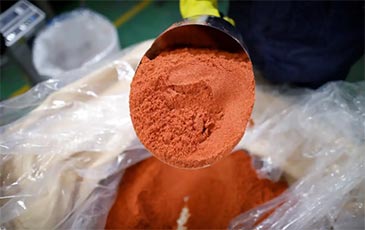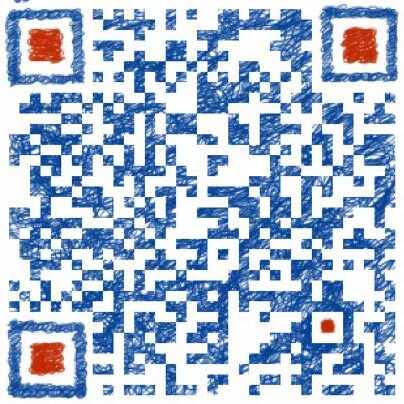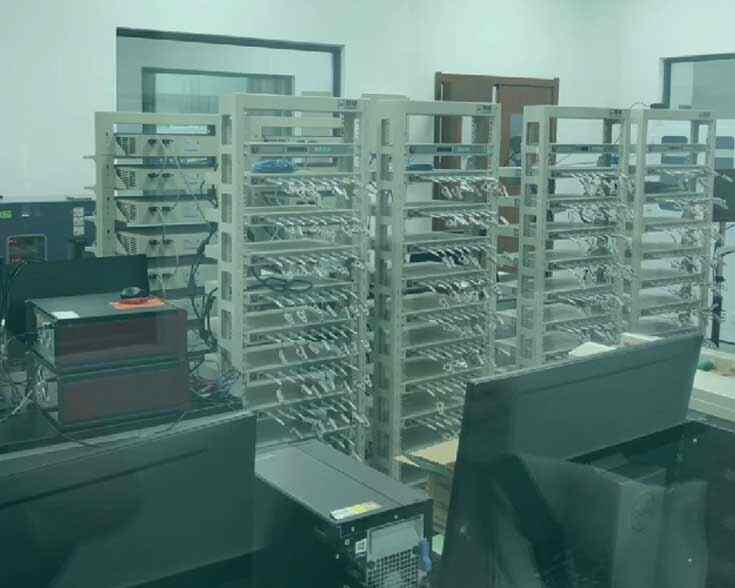EV batteries, Cheaper way to recycle material developed in Japan – Sumitomo Metal to recycle cobalt, lithium and others materials from used EV batteries.

Sumitomo Metal Mining will start recycling cobalt, lithium and other key materials from used electric vehicle batteries, employing a cost-competitive proprietary process to extract high-grade metals.
These materials are used in cathodes of lithium-ion batteries, the most common type of battery in electric vehicles, and global demand for them is only expected to grow. Sumitomo Metal’s breakthrough could bolster Japan’s domestic supply of these materials, benefiting the country’s EV battery makers.
Tapping its expertise in copper refining, Sumitomo Metal has developed a method to cheaply extract copper, nickel, cobalt and lithium from used EV batteries by crushing them, heating the resulting powder to specific temperatures, and adjusting oxygen levels. The company hails the process as the first of its kind in the world.
Sumitomo Metal plans to bring a recycling facility online in Japan by 2023. It will have the capacity to process 7,000 tons of crushed batteries a year — enough to extract 200 tons of cobalt, sufficient for 20,000 EVs, out of batteries using nickel-manganese-cobalt cathodes.
Rivals like JX Nippon Mining & Metals and Umicore also are working on ways to recycle these materials. But they have struggled to keep costs down, with their focus on processes that require expensive chemicals.
In contrast, Sumitomo Metal said it is on track to extract materials comparable in quality to mined alternatives at a relatively low cost and at commercial volumes. The company said its method will remain competitive even if mined lithium falls to around $5 or $6 per kilogram, or if nickel and cobalt prices return to past lulls.
EV-related demand has sent prices for these materials surging, and sourcing them has become increasingly challenging for businesses worldwide. Lithium has more than doubled over a year to nearly $30 per kilogram, while cobalt has risen about 80% to around $60,000 per ton.
In addition, many of these materials carry supply chain and compliance risks. About 70% of the world’s cobalt is mined in the Democratic Republic of Congo, some with the use of child labor, and about 60% is processed in China.
Some automakers are taking matters into their own hands to minimize such risks. Tesla last year secured mining rights to lithium in Nevada.
Pressure is growing to use more recycled materials in electric vehicle batteries. Under regulations proposed in November, the European Union looks to require that EV batteries contain a minimum of 12% recycled cobalt and 4% recycled lithium and nickel by 2030. Volkswagen Group has begun testing ways to extract these materials from disposed batteries.
EV batteries usually lose around 30% of their capacity and need to be swapped out after a decade. The old batteries are often reused as stationary storage cells, meaning they are not disposed of for another few years.
“It’ll probably take until at least 2035 before recycling efforts really take off,” one materials executive said.
For now, Sumitomo Metal plans to source small volumes of crushed batteries and used the extracted materials for in-house cathode production. It looks to invest in the field now to gain an advantage over rivals once battery recycling becomes more widespread.
Artical from: Batteries News








 live:.cid.d7553a84e2f43ba0
live:.cid.d7553a84e2f43ba0


























 Global - English
Global - English